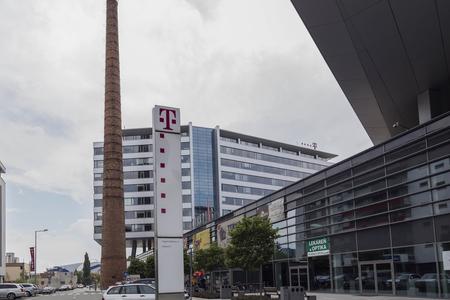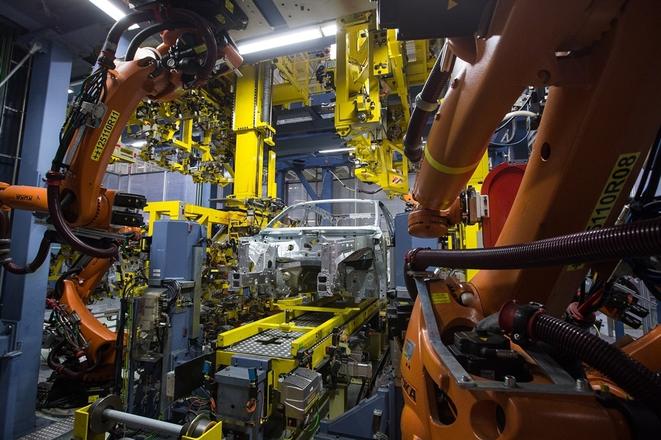The transfer of competencies from German parent companies to companies in Slovakia is especially common in the automotive, engineering and IT fields. In these sectors, subsidiaries’ representatives feel the high level of confidence of their owners.
But what competencies do subsidiaries actually have? The Slovak Spectator discussed this and other related questions with Lucia Kovarovič Makayová, spokeswoman of Volkswagen Slovakia, Martin Džbor, chief strategy officer of T-Systems Slovakia, Viliam Rohovský, director of the Brose Prievidza customer team, and Wolfgang Heuchel, managing director & CEO of Lanxess Central Eastern Europe.
The Slovak Spectator (TSS): Do you see the interest of your German parent company to assign competencies to subsidiaries in Slovakia?
Lucia Kovarovič Makayová (LKM): As a plant of the Volkswagen brand, we have gained the parent company’s trust, proven by the record-breaking investment of more than €4.5 billion in nearly three decades. The most important events include the arrival of SUV models in 2001 and the expansion of the segment by Porsche. At present, we are the only plant in the group to produce five vehicle brands under one roof.

Martin Džbor (MD): T-Systems Slovakia joined the family of Deutsche Telekom (DT) with its establishment in 2006 in Košice as a 100-percent daughter of German T-Systems International. The initial plan was to create a support service centre for IT, including operating systems, ERP (enterprise resource planning – ed.note) and specialised customer apps. Given the lower labour costs, the main activity was an understandable choice for the parent company, However, the wage advantage gradually disappeared. The value of one German hour was equal to five hours in Košice in the past, but in 2018, the ratio changed to 1:2.5. The change resulted in a greater need to be more involved in creating value for customers, instead of the operation itself.



 Car production in Volkswagen Slovakia in Bratislava. (source: Courtesy of Volkswagen Slovakia)
Car production in Volkswagen Slovakia in Bratislava. (source: Courtesy of Volkswagen Slovakia)